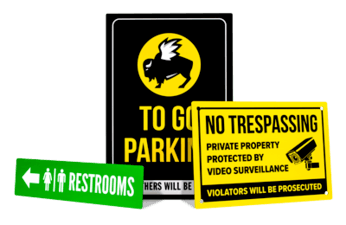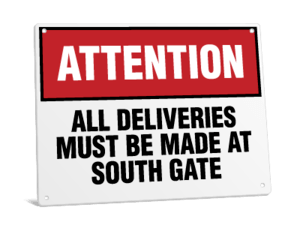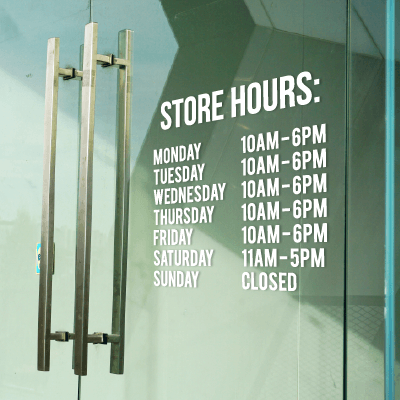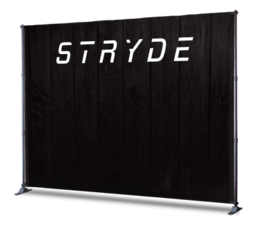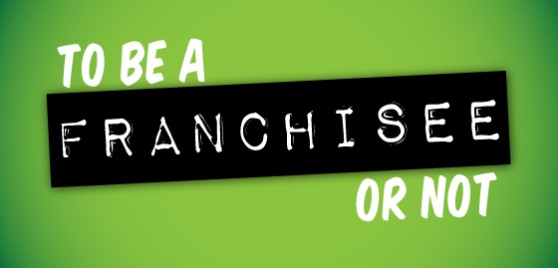
There are thousands of franchises and even more franchise locations throughout the United States. The total number of franchises is expected to be 770,368 in 2014, rising by 12,915 from the total number in 2013, with quick service restaurants representing the largest subdivision in franchising. Buying a franchise is becoming more popular because the idea of being your own boss is so appealing to many people out there today.
Being a franchisee appeals to the types of people known as intrapreneurs. These are people with an entrepreneurial streak that decide to align their talents with a larger, already established organization, instead of starting their own business. Then there are those who might just be tired of their current job and find it unfulfilling or those who have been laid off.
If you fall into any one of these categories, then purchasing a franchise may have crossed your mind and seemed like a more logical path to take rather than starting your own business. But before you take the plunge, you should look into the pros and cons of buying into a franchise and becoming a franchisee.
Pros of Being a Franchisee
You’re not in it alone. With a franchise, you’re going into business for yourself, but in no means does that mean you’re completely by yourself. A lot of franchises offer comprehensive training for their franchisees, like management and technical trainings.
McDonald’s is one franchise that goes above and beyond with their training. They have their own university for training, called Hamburger University, where more than 80,000 managers and owner/operators have graduated from since its inception in 1961. McDonald’s has more than 5,000 students that attend their university each year. Franchises will also usually help with a site selection, with a grand opening event, designing or constructing a site, financing marketing and more.
With a franchise, there’s already an established brand and established relationships. Because your company’s service or product already has a widespread brand-name recognition, it also means a solid customer base is already in place. You might also have access to leads and other sales-related support to help your specific business location. Besides customers, franchises also have established relationships with their suppliers for different materials the franchise needs. Having reputable suppliers, loyal customers and a well-known brand is probably the biggest advantages to being a franchisee.
Having reduced risks and increased chances of success is another benefit of purchasing a franchise. As a franchisee you reduce your risks by joining an already established and successful brand. When you start your own business, there are many risks involved. Because you’ve reduced your risks and are now associated with a brand that has proven services and/or products that work, then your chances of being successful go up. All of the above mentioned pros are why you are more likely to reduce risks and be successful as a franchisee.
Cons of Being a Franchisee
A disadvantage to being a franchisee is the cost involved. When you buy a franchise, you have to pay the franchise fee and start-up costs, which are sometimes much higher than starting your own business. The cost for buying a franchise varies, but the average is between $50,000 to $200,000 to get started. Besides these costs, you have to pay ongoing royalty fees. This means you pay some percentage of your monthly earnings back to the franchisor, which reduces your monthly profit. These fees can also vary, but it’s common for franchises to have royalty fees that are 4 to 6 percent of each franchise location’s gross sales. Some franchises also make franchisees pay advertising fees.
Another issue is that there are more restrictions than with starting your own business. When you own your own business, you are totally independent and autonomous. When you are a franchisee, it’s not that way. You must operate your business according to any procedures and restrictions arranged by the franchisor. This normally means restrictions on what products or services you offer, the price of those products and services and even others including marketing, staffing, training and more. If you own a restaurant franchise, you most likely can’t make any changes to the menu. Also with bigger-name franchises, like McDonald’s, they restrict their franchisees to only use certain suppliers and vendors and purchase the same supplies and inventory. By doing this they protect their brand because no matter what McDonald’s location you go to you’ll get the same napkins, ketchup packets etc.
One of the major cons of being a franchisee that you have absolutely no control over is that the actions of other people associated with the franchise affect you. Your business’s success and reputation are dependent on the franchisor and the other franchisees. If the franchisor does something wrong or if another franchisee performs poorly, then your business is negatively affected. Bad press created by the franchisor or another franchisee also negatively affects you. On the other hand, sometimes an act by the franchisor or another franchisee can bring in positive results for the other franchisees and their locations. During the summer of 2012, Chick-fil-A’s CEO stated his opposition to gay marriage and on the Wednesday after he released his message on Twitter, business boomed for all Chick-fil-A restaurants, with some locations nearly running out of food for the day because of all the customers coming to show their support of the CEO’s statement.
Whether you have just recently considered buying a franchise or have been contemplating it for a long time, it’s not a decision you can make lightly. Just like with any big life decision, there are advantages and disadvantages involved with being a franchisee. Before you make your decision be sure to carefully look into all of these pros and cons, and then choose the route where you think the pros outweigh the cons.



